Affordable Costa Rica Rehab: What Are The Costs?
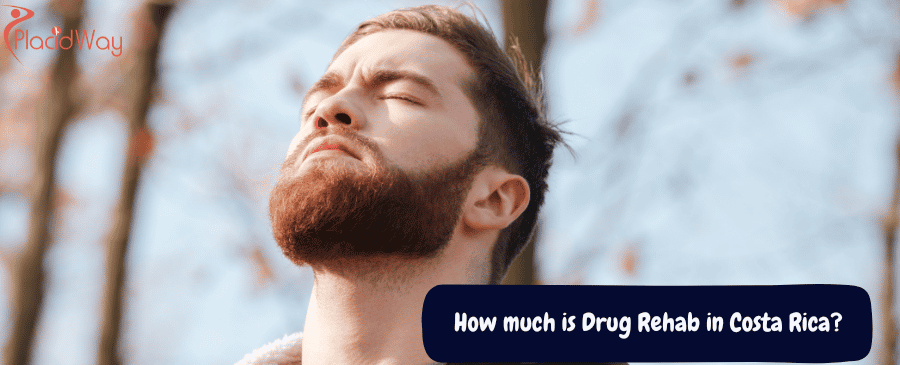
Considering drug rehab in Costa Rica is a significant step towards recovery, and naturally, one of the first questions that comes to mind is the cost. Drug rehab in Costa Rica generally offers more affordable options compared to countries like the United States, without compromising on the quality of care. Prices can range significantly, but many reputable centers provide comprehensive programs for a fraction of what you might expect to pay elsewhere.
This guide aims to provide a clear understanding of the cost of drug rehab in Costa Rica, what factors influence these costs, and what you can expect from treatment in this beautiful Central American country. We'll delve into various aspects of rehab, from program types and lengths to the therapeutic approaches used, ensuring you have the information you need to make an informed decision.
How much does drug rehab in Costa Rica typically cost?
"Drug rehab in Costa Rica can cost anywhere from $3,000 to $10,000 per month, with some centers offering programs for as low as $4,950 per month, depending on the facility, program length, and level of care."
The cost of drug rehab in Costa Rica varies widely. Some facilities, particularly those offering luxury amenities or highly specialized treatments, may be at the higher end of this spectrum. However, many excellent and effective programs are available at more modest price points. It's crucial to look beyond just the price tag and consider what is included in the program, such as the types of therapy, staff qualifications, and aftercare planning. The overall value, combining quality of care with affordability, is a key reason many choose Costa Rica for drug rehabilitation.
For instance, a standard 30-day residential program might fall in the mid-range, while longer programs or those with more intensive individual therapy could cost more. Always inquire directly with treatment centers for detailed pricing and what services are covered.
What factors influence the cost of drug rehab in Costa Rica?
"Several factors influence the cost of drug rehab in Costa Rica, including the type of facility (luxury vs. standard), the length of the program, the intensity of therapy, staff-to-client ratios, included amenities, and any specialized treatments offered."
Understanding these factors can help you determine which drug rehab program in Costa Rica fits your budget and needs:
- Type of Facility: Luxury rehab centers with private rooms, gourmet meals, and extensive recreational facilities will naturally cost more than standard centers that provide excellent core treatment services without the high-end extras.
- Program Length: Most rehab programs range from 30, 60, to 90 days, or even longer. The longer the stay, the higher the overall cost, though some centers may offer reduced per-diem rates for extended programs.
- Intensity and Type of Therapy: Programs offering more individual therapy sessions, specialized therapies like EMDR or equine therapy, and comprehensive dual diagnosis treatment may have higher costs. The qualifications and experience of the clinical team also play a role.
- Staff-to-Client Ratio: A lower staff-to-client ratio often means more personalized attention and care, which can contribute to a higher program cost but also potentially better outcomes.
- Amenities and Services: Included services like medical detox, aftercare planning, nutritional counseling, fitness facilities, and holistic therapies (yoga, meditation) can affect the price.
- Location of the Center: While Costa Rica is generally affordable, centers in prime tourist locations or with expansive, private grounds might have higher operational costs passed on to clients.
Are there luxury drug rehab options in Costa Rica?
"Yes, Costa Rica offers several luxury drug rehab options that provide high-end amenities, personalized care, and often stunning natural settings, with costs typically ranging from $10,000 to $30,000 or more per month."
For individuals seeking a more upscale recovery experience, luxury drug rehabs in Costa Rica deliver. These facilities combine evidence-based treatment with comforts similar to a high-end resort. Amenities might include private suites, gourmet chefs, swimming pools, spas, fitness centers, and a wide array of experiential therapies such as adventure therapy, surfing, or advanced wellness programs.
While the cost is higher, these centers emphasize a holistic approach to recovery, focusing on mind, body, and spirit in a serene and comfortable environment. The increased privacy and individualized attention can be highly beneficial for some individuals.
Are there affordable or budget-friendly drug rehab options in Costa Rica?
"Absolutely, Costa Rica is known for its affordable drug rehab options, with many centers providing high-quality, evidence-based treatment for $3,000 to $7,000 per month."
One of the primary reasons people choose Costa Rica for drug rehab is the accessibility of effective treatment at a lower cost than in North America or Europe. These more budget-friendly drug rehab centers still offer comprehensive programs, including individual and group therapy, medical supervision (if needed for detox), and aftercare planning.
The focus in these centers is on core recovery principles and providing a supportive, safe environment for healing. While they may not have the extensive luxury amenities, the quality of clinical care and the dedication of the staff are often comparable to more expensive facilities. Researching and comparing these options can lead to finding excellent care that fits a tighter budget.
What types of therapies are commonly offered in Costa Rican drug rehab centers?
"Drug rehab centers in Costa Rica commonly offer a range of evidence-based therapies, including Cognitive Behavioral Therapy (CBT), Dialectical Behavior Therapy (DBT), individual counseling, group therapy, family therapy, and often holistic approaches like mindfulness, yoga, and adventure therapy."
The therapeutic offerings in Costa Rican rehabs are diverse and aim to address the multifaceted nature of addiction. Core evidence-based practices form the foundation of most programs:
- Cognitive Behavioral Therapy (CBT): Helps individuals identify and change negative thought patterns and behaviors associated with substance abuse.
- Dialectical Behavior Therapy (DBT): Useful for managing intense emotions, improving relationships, and developing distress tolerance skills, particularly helpful for dual diagnosis.
- Individual Therapy: One-on-one sessions with a therapist to delve into personal issues, trauma, and triggers.
- Group Therapy: Provides a supportive environment for individuals to share experiences, learn from peers, and develop social support.
- Family Therapy: Involves family members in the recovery process to heal relationships and build a supportive home environment.
Many centers also integrate holistic and experiential therapies:
- Mindfulness and Meditation: To promote self-awareness and stress reduction.
- Yoga and Physical Fitness: To improve physical health and well-being.
- Adventure or Nature Therapy: Utilizing Costa Rica's rich natural environment for therapeutic activities like hiking, surfing, or zip-lining.
- Art or Music Therapy: Creative outlets for expression and emotional processing.
How long do drug rehab programs typically last in Costa Rica?
"Typical drug rehab programs in Costa Rica last 30, 60, or 90 days, although some centers may offer longer-term options or more flexible durations based on individual needs and progress."
The optimal length of a drug rehab program varies from person to person. Shorter stays of 30 days can provide an intensive introduction to recovery, focusing on detoxification, initial therapy, and relapse prevention planning. These are often suitable for individuals with less severe addictions or strong support systems at home.
Longer programs, such as 60 or 90 days, allow for more in-depth therapeutic work, addressing underlying issues contributing to addiction, and more time to practice coping skills in a supportive environment. Research generally suggests that longer treatment durations are associated with better long-term outcomes. Some Costa Rican rehab facilities also offer extended care or sober living arrangements post-treatment.
Is Costa Rica a good place for drug rehab?
"Yes, Costa Rica is widely considered a good place for drug rehab due to its combination of high-quality, affordable treatment, experienced professionals, serene natural environments conducive to healing, and a degree of privacy away from home triggers."
Several factors make Costa Rica an attractive destination for drug rehabilitation:
- Affordability: Significantly lower costs compared to many Western countries.
- Quality of Care: Many centers are staffed by experienced, often internationally trained, professionals and adhere to high standards of treatment.
- Healing Environment: The country's lush rainforests, beautiful beaches, and commitment to "Pura Vida" (the pure life) offer a tranquil and inspiring backdrop for recovery.
- Privacy and Anonymity: Being away from one's usual environment can reduce stigma and allow individuals to focus entirely on their recovery without distractions or judgment.
- Holistic Approach: Many centers embrace a holistic model, integrating physical, emotional, and spiritual well-being into their programs.
- Accessibility: Relatively easy travel from North America.
What are the success rates of drug rehab in Costa Rica?
"While specific, universally standardized success rates for drug rehab in Costa Rica (or anywhere) are difficult to pinpoint due to varying definitions of 'success,' reputable centers in Costa Rica employing evidence-based practices report positive outcomes comparable to quality facilities worldwide. Success often depends on individual commitment and post-treatment support."
Measuring the "success" of drug rehab is complex. It can mean abstinence from substances, improved mental and physical health, better social functioning, or reduced relapse rates. Reputable Costa Rican rehab centers focus on providing clients with the tools and support needed for long-term recovery. They often track their alumni and can provide general outcome data.
It's important to remember that recovery is an ongoing process. The effectiveness of a rehab program is also significantly influenced by the individual's motivation, engagement in therapy, and their commitment to aftercare and maintaining a sober lifestyle post-treatment. Look for centers that emphasize relapse prevention and offer robust aftercare planning.
Do drug rehab centers in Costa Rica offer dual diagnosis treatment?
"Yes, many drug rehab centers in Costa Rica offer dual diagnosis treatment, recognizing that substance use disorders often co-occur with mental health conditions like depression, anxiety, or PTSD. These programs provide integrated care to address both issues simultaneously."
Dual diagnosis or co-occurring disorders treatment is crucial for effective recovery. Addressing only the addiction without treating an underlying mental health condition, or vice versa, can lead to a higher risk of relapse. Rehab facilities in Costa Rica that specialize in dual diagnosis have staff trained to manage both conditions.
Treatment typically involves a combination of medication management (if necessary for the mental health condition), specialized therapies (like DBT), and counseling that helps individuals understand the interplay between their substance use and mental health. Inquiring about a center's experience and approach to dual diagnosis is vital if you or a loved one is facing this situation.
What kind of aftercare support is available for individuals completing rehab in Costa Rica?
"Many Costa Rican drug rehabs provide aftercare planning and support, which may include referrals to therapists or support groups in the individual's home country, sober living recommendations, alumni programs, and follow-up calls or sessions."
Aftercare is a critical component of sustained recovery. Returning home after inpatient treatment can be challenging, and ongoing support is essential to navigate triggers and maintain sobriety. Reputable drug rehab centers in Costa Rica understand this and typically work with clients to develop a comprehensive aftercare plan before they complete their program.
This plan might involve:
- Connecting with therapists, counselors, or psychiatrists back home.
- Identifying local 12-step meetings (AA, NA) or other support groups.
- Arrangements for sober living environments if needed.
- Alumni programs that offer continued connection and support from the treatment center and fellow graduates.
- Scheduled check-in calls or telehealth sessions with the rehab's staff.
What are the admission requirements for drug rehab in Costa Rica?
"The admission requirements for drug rehab in Costa Rica generally involve an initial assessment (often by phone or online) to determine suitability for the program, a willingness to participate in treatment, and arrangements for payment. Specific medical or psychological information may also be required."
The first step is usually contacting the rehab center's admissions team. They will conduct a pre-admission screening to understand your history of substance use, any co-occurring mental or physical health conditions, and your recovery goals. This helps them determine if their program is a good fit.
You'll likely need to provide some personal and medical history. Centers will also discuss program rules, expectations, and payment options. For international clients, they can often provide guidance on travel arrangements and what to bring. Proof of an exit flight from Costa Rica is usually required by customs upon entry.
Are rehab centers in Costa Rica licensed and accredited?
"Many reputable rehab centers in Costa Rica are licensed by the Costa Rican Ministry of Health and may also hold accreditations from national bodies like the Institute of Alcoholism and Pharmacological Dependence (IAFA). Some may also seek international accreditations or affiliations."
Licensing and accreditation are important indicators of a treatment center's commitment to quality and safety. The Costa Rican Ministry of Health (Ministerio de Salud) is the primary regulatory body for healthcare facilities, including rehab centers. IAFA (Instituto sobre Alcoholismo y Farmacodependencia) is another key institution involved in regulating and guiding substance abuse treatment programs.
When researching drug rehabs in Costa Rica, don't hesitate to ask about their specific licenses, accreditations, and the qualifications of their clinical staff. This demonstrates that the facility meets established standards for care, professionalism, and ethical operation.
What should I pack for rehab in Costa Rica?
"When packing for rehab in Costa Rica, include comfortable clothing suitable for a tropical climate (lightweight, breathable), toiletries, any prescribed medications (with documentation), identification (passport), and some personal comfort items. Check with the specific center for their detailed packing list and prohibited items."
Most centers will provide a list of recommended items. Generally, you should pack:
- Comfortable Clothing: Lightweight shirts, shorts, pants, swimwear (if applicable), a light jacket or sweater for cooler evenings, and comfortable shoes/sandals. Modest attire is usually recommended.
- Toiletries: Toothbrush, toothpaste, shampoo, soap, sunscreen, insect repellent, etc. (some centers may restrict alcohol-based products).
- Medications: Any prescription medications you take, in their original packaging with a doctor's note if possible. Inform the center about all medications beforehand.
- Identification & Documents: Passport, driver's license, insurance information (if applicable), and travel itinerary.
- Personal Items: Books, a journal, photos of loved ones (check center policy on electronics).
- Fitness Gear: If you plan to participate in fitness activities.
Avoid bringing valuable jewelry, excessive cash, non-prescribed drugs or alcohol, or anything that could be a distraction or violate the center's policies.
What are the benefits of choosing drug rehab in Costa Rica?
"The primary benefits of choosing drug rehab in Costa Rica include significant cost savings compared to many Western countries, high-quality care in a serene and healing natural environment, distance from home-based triggers, privacy, and often a holistic approach to treatment."
To summarize, choosing Costa Rica for drug rehabilitation offers a compelling package:
- Cost-Effectiveness: Access to excellent treatment at a more affordable price point.
- Quality Treatment: Many centers employ evidence-based therapies and have experienced staff.
- Healing Environment: The "Pura Vida" lifestyle and natural beauty can be very therapeutic.
- Removal from Triggers: Distance from familiar people, places, and stressors that might fuel addiction.
- Privacy and Focus: An opportunity to concentrate solely on recovery without the distractions of daily life.
- Holistic Options: Emphasis on treating the whole person—mind, body, and spirit.
- Cultural Experience: Exposure to a different culture can be enriching and provide a fresh perspective.
Why is Costa Rica a popular destination for drug rehabilitation?
"Costa Rica's popularity as a drug rehabilitation destination stems from its unique blend of affordable yet high-quality treatment programs, the tranquil and beautiful natural surroundings ideal for healing, experienced English-speaking therapists, and the opportunity for individuals to recover in a private, supportive, and culturally rich setting away from their usual triggers."
The country has cultivated a reputation for providing a welcoming and effective environment for those seeking to overcome addiction. The combination of therapeutic expertise, the inherent healing qualities of its natural landscapes, and the lower cost of drug rehab make it a compelling choice. Many individuals find that stepping away from their everyday lives and immersing themselves in a dedicated recovery setting like those found in Costa Rica provides the focused attention and new perspective needed to build a strong foundation for lasting sobriety.
The emphasis on holistic well-being, often incorporating elements like yoga, meditation, and nature-based activities, resonates with those seeking a comprehensive approach to healing. Furthermore, the presence of many internationally accredited centers and English-speaking staff makes it accessible and comfortable for clients from North America and Europe.
Ready to explore your options for healing and recovery in a supportive and beautiful environment? Explore PlacidWay to find trusted and affordable drug rehab solutions in Costa Rica and other destinations worldwide. Take the first step towards a new beginning today!


.png)





.png)


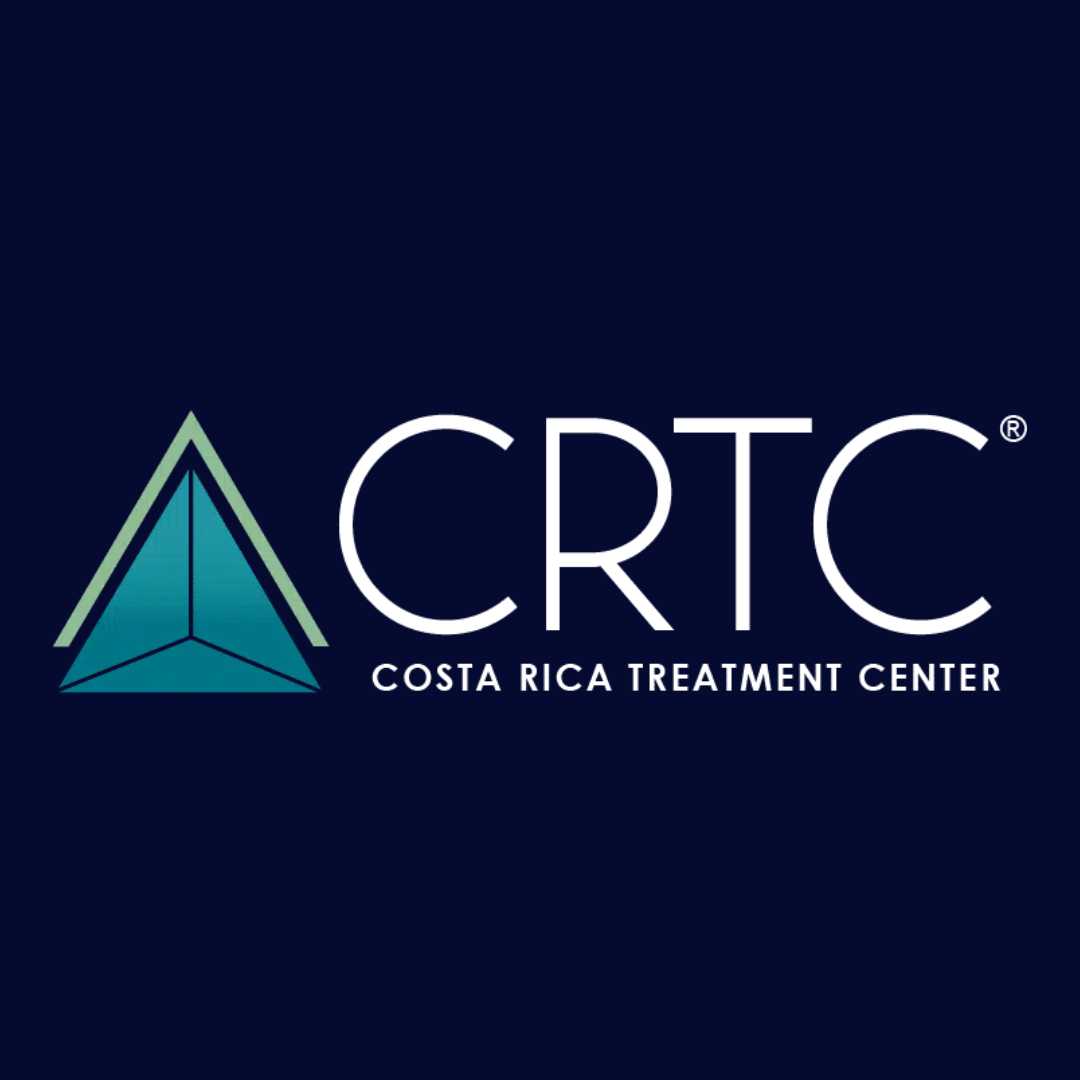
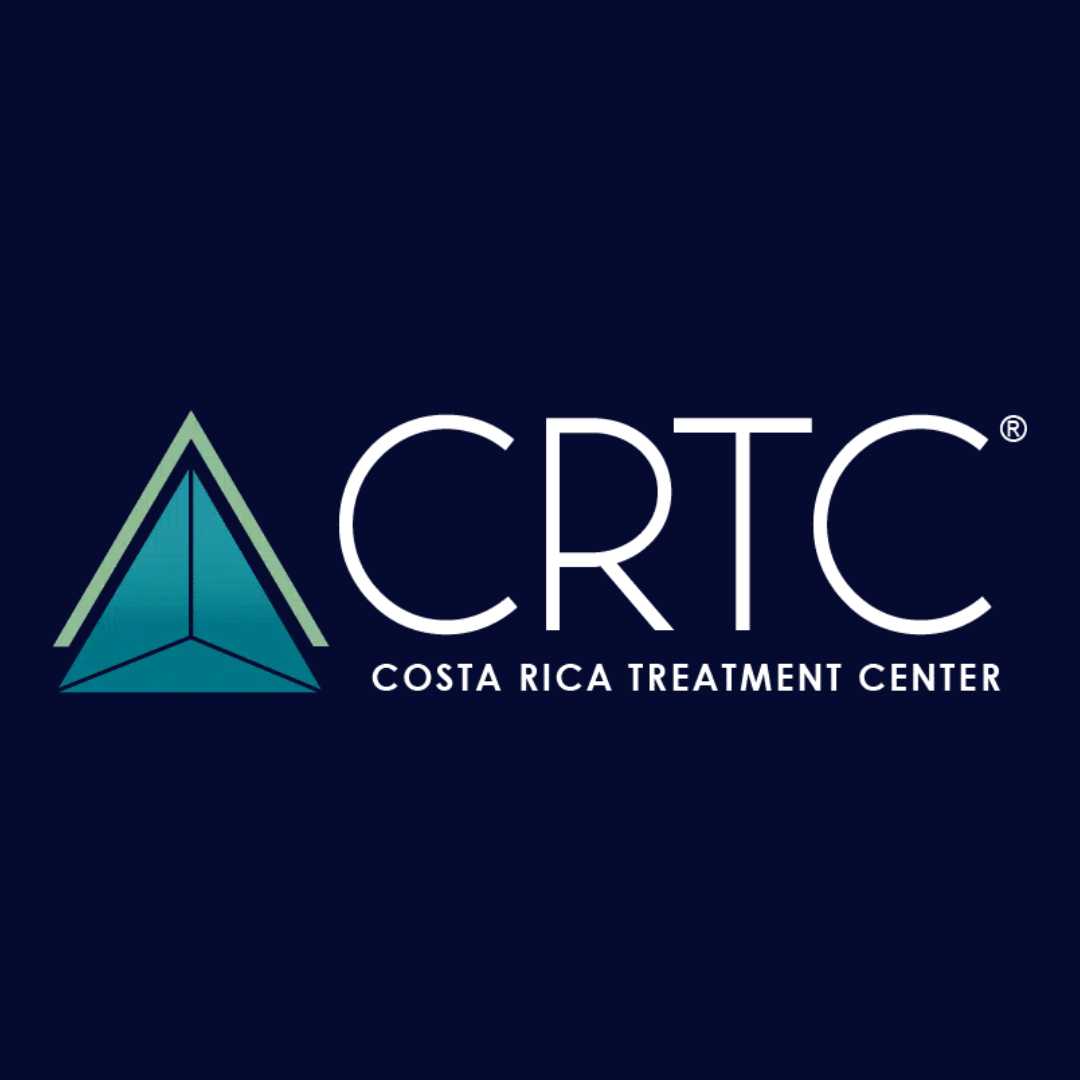
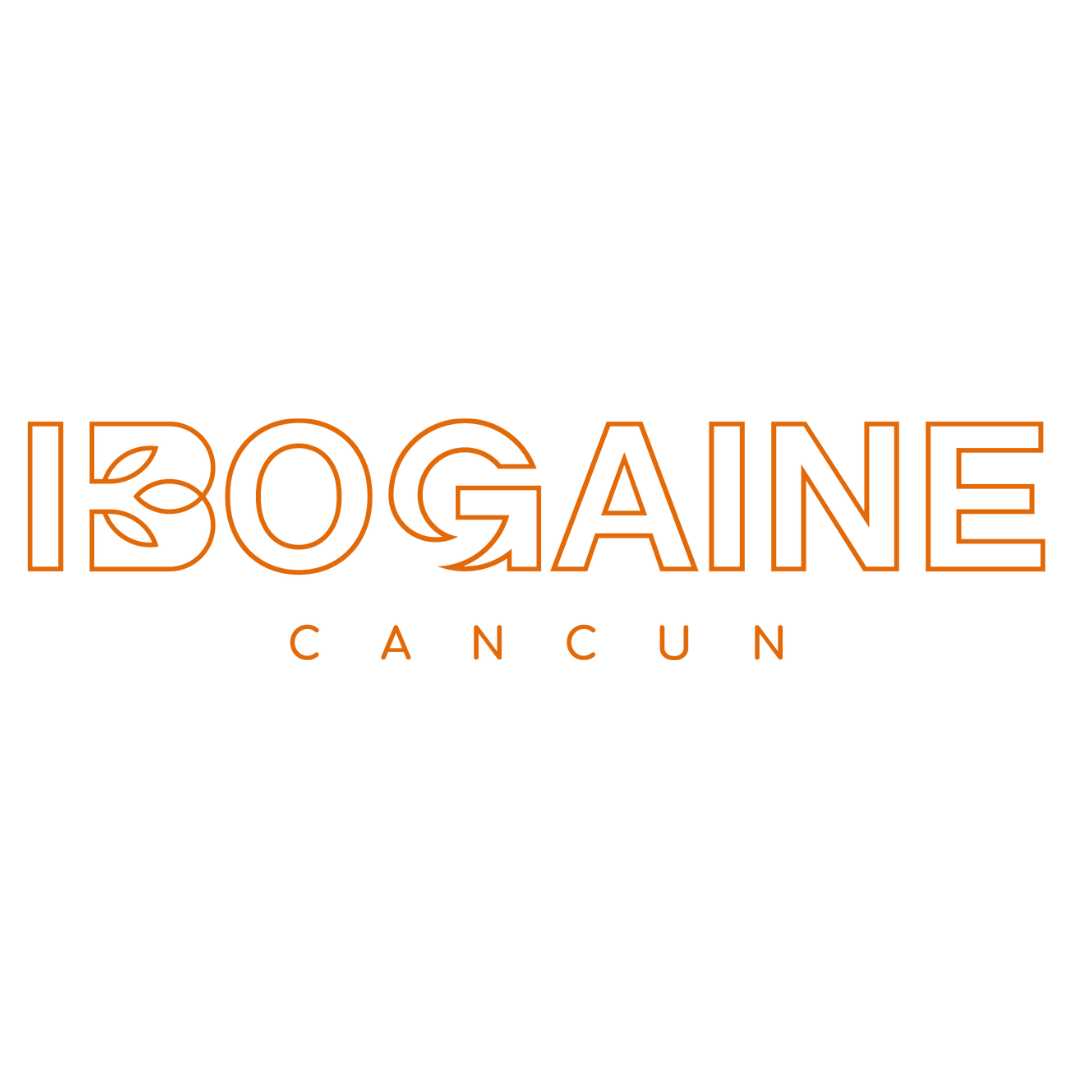
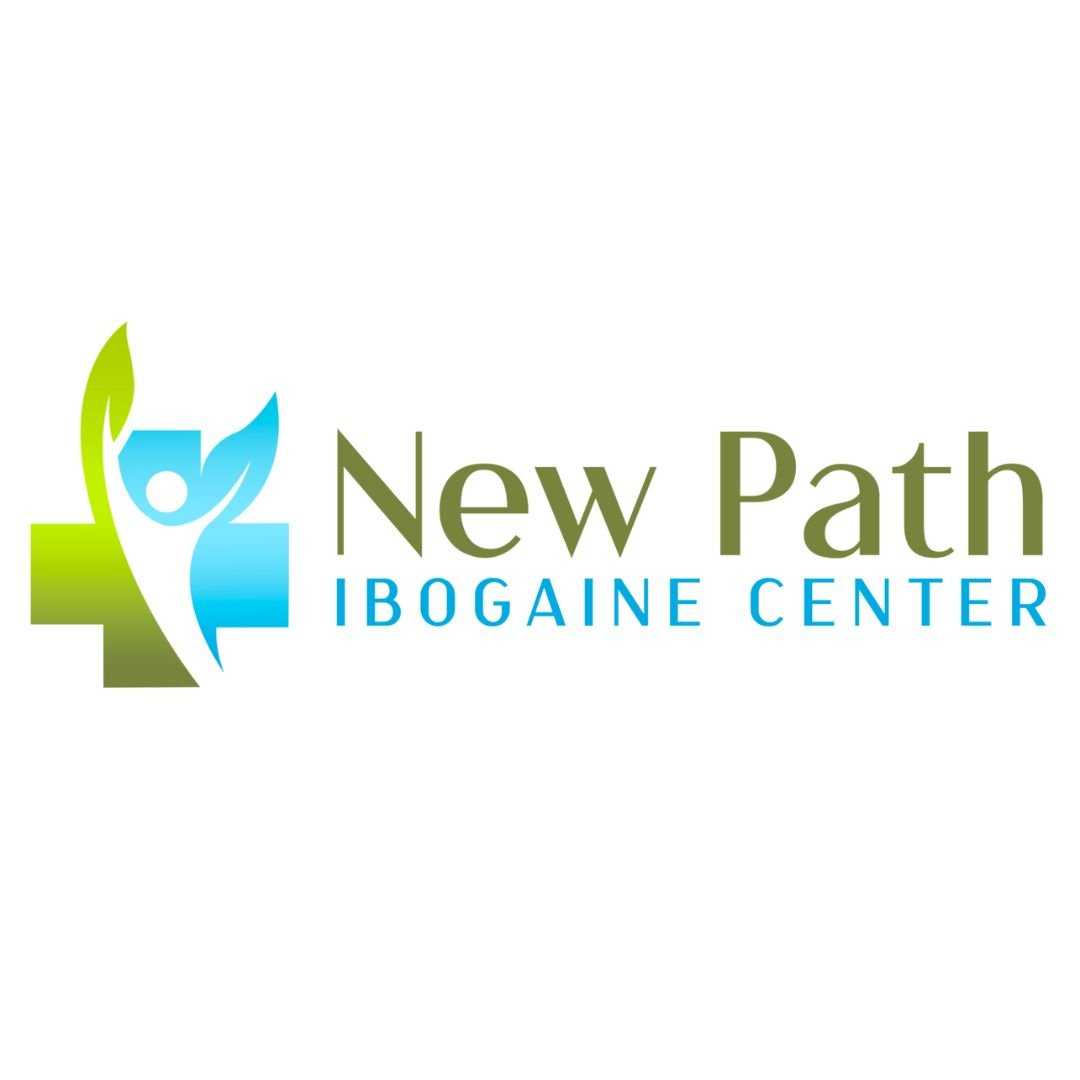

Share this listing